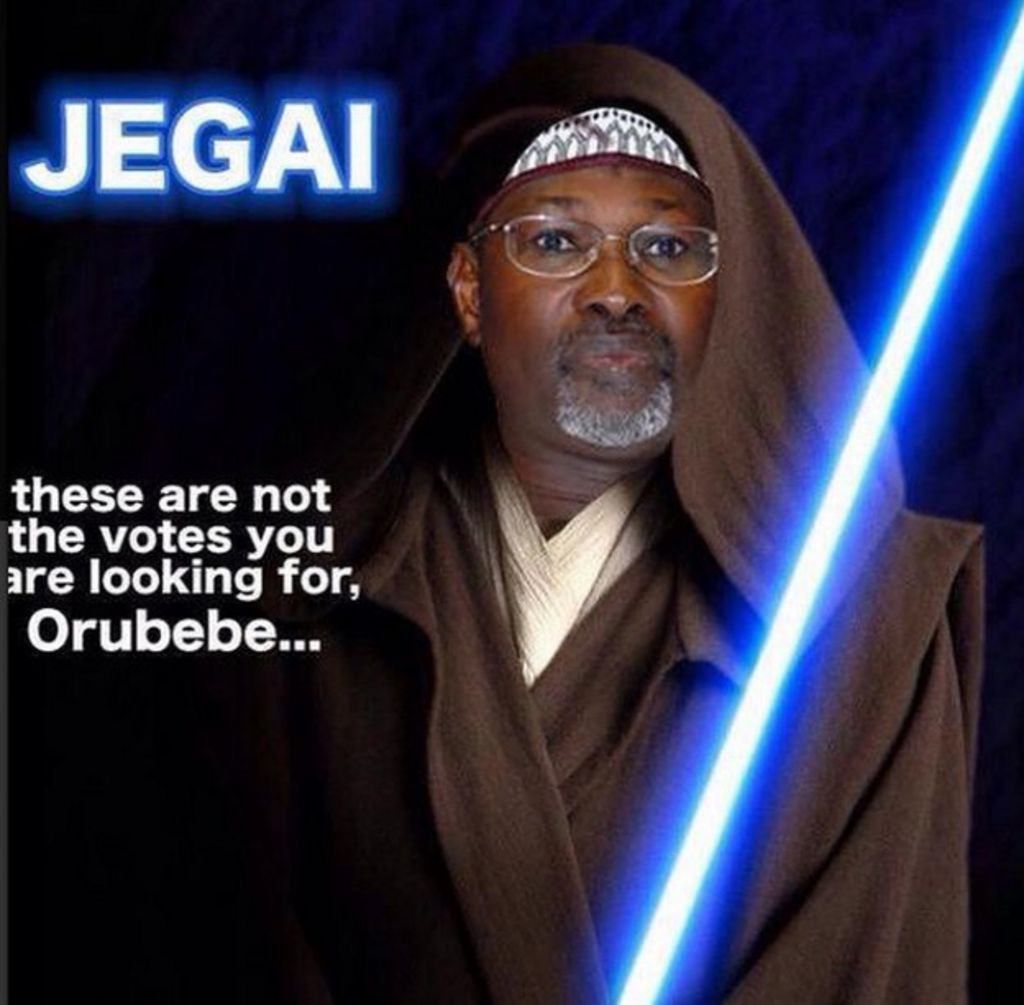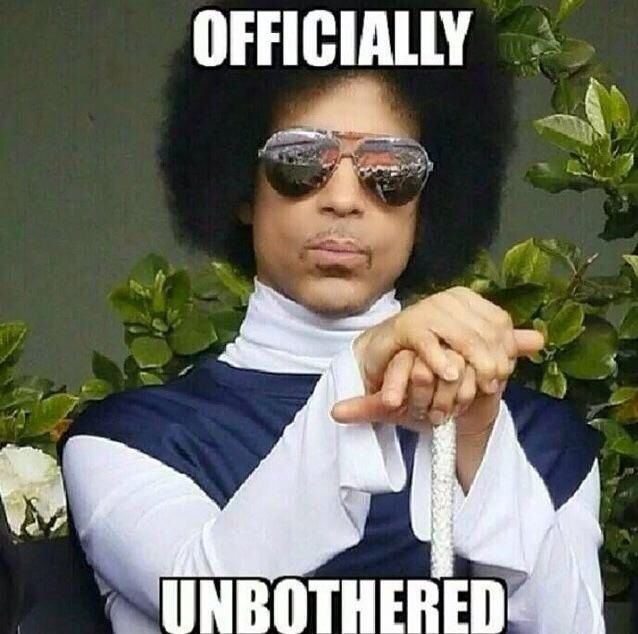Nigerian Prince Meme: Origins, Humor & Digital Culture
Have you ever received an email from a "Nigerian Prince" offering untold riches? The enduring popularity of the Nigerian Prince meme is a testament to its clever hijacking of a widespread form of online deceit and its transformation into a powerful form of cultural commentary.
The digital landscape is awash with memes, those bite-sized units of cultural transmission that spread virally across the internet. Among them, the "Nigerian Prince" meme stands out. It's a digital phoenix, rising from the ashes of online fraud to become a celebrated icon of internet humor and absurdity. Its origins are rooted in the deceptive world of online scams, specifically the infamous "419" or advance-fee fraud schemes that have plagued inboxes for decades. These scams typically involve a message from a supposed Nigerian official or wealthy individual, promising a share of a vast fortune in exchange for a small upfront payment. These emails, often riddled with grammatical errors and implausible narratives, were, and still are, a blatant attempt to defraud unsuspecting individuals.
However, the internet's capacity for irony and satire, coupled with the sheer volume of these emails, led to a remarkable transformation. The Nigerian Prince scam, once a source of frustration and financial loss for many, was refashioned into a meme a readily shareable cultural object. This meme, in its many forms, takes the initial premise and twists it, subverting expectations and using humor to comment on the nature of online communication, the gullibility of humans, and the dangers that lurk in the digital world.
The evolution of the Nigerian Prince meme is a case study in how digital culture can absorb, transform, and repurpose even the most negative aspects of our online lives. The transition didn't happen overnight. Instead, it took the collective efforts of internet users, content creators, and meme generators to shape the scam into a widespread phenomenon. The humor is derived from the sheer implausibility of the original scam, the outlandish promises, and the often-poorly written prose. The meme highlights the absurdity of the situation, transforming the target of fraud into a comedic figure. These memes employ irony, sarcasm, and absurdity to comment on the initial fraud. The cultural impact of the Nigerian Prince meme is significant. It reflects a broader understanding of how the internet works, how information is shared, and the risks and rewards of online interaction. It serves as a reminder of the constant vigilance required when navigating the digital world.
The core narrative of the Nigerian Prince meme is this: a supposedly wealthy individual, usually a prince or high-ranking official from Nigeria (or a similar African nation), needs help transferring a large sum of money out of the country. The recipient of the email is promised a share of this fortune in exchange for their assistance, usually involving providing their bank details or sending a small amount of money to cover various fees. These emails are characterized by a specific tone, containing exaggerated flattery, urgent pleas, and sometimes even threats.
Though tricks of a similar nature go back to the decades following the French Revolution, the first Nigerian Prince trick appeared in a newspaper. The most famous predecessor of the 419 fraud is a swindling scheme called the Spanish Prisoner, which kicked off in the 19th century. The Nigerian Prince scam has been up and running since the early days of the internet, but its origins precede the digital age. Fraud is usually a matter of when its going to happen, not if it. Sometimes the advertised reward was inheritance from a deceased businessman, celebrity or political figure but since the Nigerian Prince story was the most common for a time and Nigeria was where most of them were understood to be sent from, they just all got referred to as.
This meme has been parodied in freeloaders, where it turns out the Nigerian Prince that asked Benny for money is 100% legit and shows up at the end of the movie as a deus ex machina, handing Benny his share of the inheritance \u2014 $38 million, which allows Benny to buy the mansion that he and his. The meme's reach extends across different platforms. From image macros and video clips to animated GIFs, the Nigerian Prince meme morphs and mutates, always reflecting contemporary attitudes and online trends. Make your own images with our meme generator or animated gif maker.
The meme generator is a free online image maker that lets you add custom resizable text, images, and much more to templates. It's a free online image maker that lets you add custom resizable text, images, and much more to templates. Animated meme templates will show up when you search in the meme generator above (try party parrot). If you don't find the meme you want, browse all the gif templates or upload and save your own animated template using the gif maker.
The allure of the Nigerian Prince meme lies in its versatility. The basic template of a Nigerian Prince offering vast wealth can be adapted to comment on various aspects of online culture and societal trends. For example, the meme is used to satirize social media trends, highlight the perils of online dating, and even comment on current events. This adaptability ensures its continued relevance, keeping the meme fresh and engaging for new audiences.
This meme is a reflection of the digital age, where everyone has a voice and content can be created and shared almost instantly. It reflects how people perceive online scams. The meme acts as a cautionary tale against falling for scams but simultaneously provides a venue to laugh about the inherent absurdity. Even the original scam emails are now viewed as a form of comedy gold. The humor is often self-deprecating, reflecting how people interact with the internet. It's a form of catharsis, allowing individuals to acknowledge the dangers while embracing the lighter side of the experience.
The Nigerian Prince meme has found its way into popular culture. It is referenced in films, television shows, and even music. This integration signifies its status as a genuine cultural phenomenon. It appears in various contexts, from parodies and spoofs to serious discussions about online security and fraud. This demonstrates the versatility of the meme, its ability to transcend its original context and resonate with audiences.
The criminals behind Nigerian Prince scams operate from various locations. Despite Nigeria featuring in so many messages that this kind of spam was even named after it Nigerian scam the criminals behind them live primarily in the United States, the United Kingdom and, yes, you guessed it, Nigeria. The story of the Nigerian Prince scam has become an integral part of internet history. It's a reminder of the early days of the internet, when cybersecurity and online safety were less understood, and scammers had a free hand. The enduring popularity of this meme demonstrates its adaptability and continued relevance. It's a testament to the power of humor and how the internet culture transforms negativity into something universally shared.
The longevity of the Nigerian Prince meme is also tied to the evolving nature of the internet. As online scams continue to change and adapt, the meme will likely evolve with them. The meme's format continues to adapt to the new trends. The meme's continued existence is a reflection of the ongoing struggle between users and scammers.
The memes staying power, however, is not without its critiques. Some argue that it can normalize or even trivialized online fraud. Some argue that it perpetuates harmful stereotypes about Nigeria and its people. These concerns are valid and underscore the need for the responsible use and understanding of online humor.
In 2015, his book of these Nigerian scam interactions was published and is available on Amazon. "\u201ci set up multiple pseudonymous email accounts and began replying to spam,\u201d Veitch told Mashable. Memes aside my granddad fell for this and ended up working the guy about 300. The guy just downloaded a drive defragmentation kit and ran it it's actually gross because they deliberately prey on older people who don't know any better. Still waiting for the $20 million he promised to give. It is a cast iron guarantee that at some point you will have received at least one email from someone claiming to be a Nigerian prince, that wants to give. Giving money to a Nigerian prince is an investment! Hell yeah, thank you prince. Hell yeah prince Nigerian prince stonks. Despite Nigeria featuring in so many messages that this kind of spam was even named after it Nigerian scam the criminals behind them live primarily in the United States, the United Kingdom and, yes, you guessed it, Nigeria. Find Nigerian prince GIFs that make your conversations more positive, more expressive, and more you.
The Nigerian Prince meme embodies the spirit of the internet and its ability to transform something potentially harmful into something entertaining and insightful. The Nigerian Prince meme is a multifaceted cultural object that highlights the intersection of humor, culture, and the internet. It also underscores the importance of media literacy and the need to be aware of the dangers lurking in the digital realm. It serves as a reflection of our interactions with technology. By understanding the origins, evolution, and cultural impact, we gain a deeper understanding of its significance in modern digital culture.
Sexy Russian girl you didn't want to meet, marries Nigerian prince you didn't want to help. Spam Russia Nigeria girls prince money date meet finance help fail lol meme memes internet email mail mailbox joke satire fun funny just4fun rotfl wtf omg. Know your meme is the property of literally media 2024 literally media.


